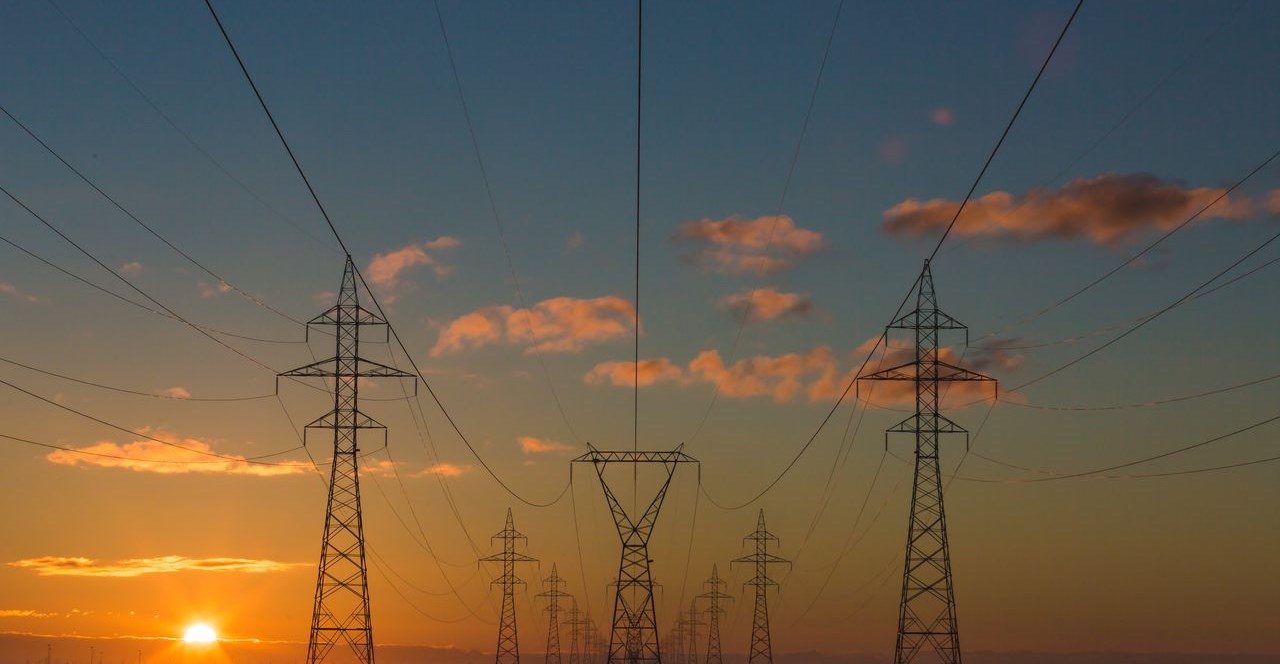Sweden's energy policy aims for 100% fossil-free electricity production by 2040, with a focus on supply security, competitiveness, and ecological sustainability. Increased electricity production from solar and wind necessitates balancing the power system. The government's hydrogen strategy highlights hydrogen's balancing potential and
green hydrogen is considered crucial for achieving fossil-free industries and transportation, as well as meeting climate goals.
Purpose and objectives of the project
The purpose of the project is to examine the role of hydrogen in Sweden's energy system and how technology, market, norms, and political factors interact both historically and moving forward. The project aims to provide decision-making support for an efficient and secure energy system, highlighting regional differences and conditions.
We focus on increasing knowledge about resource-efficient hydrogen production, using methods such as electrolysis and biomass gasification, and how resources like capital, natural resources, and labor can be utilized optimally. Additionally, the project explores regional variations in hydrogen availability, needs, and distribution, as well as local norms and historical factors. It also investigates hydrogen’s potential to strengthen Sweden’s energy security and self-sufficiency.
The goal is to understand how new energy sources like hydrogen can be integrated into today’s energy system. By analysing historical developments and current techno-economic conditions, we aim to identify key mechanisms for future change and lay the foundation for sustainable energy solutions.
Project implementation
Two PhD candidates will be employed. One PhD candidate will be enrolled at the Division of Energy Systems, Linköping University. The other PhD candidate will be enrolled at the Division of Technology, Science, and Society, Chalmers University of Technology.




